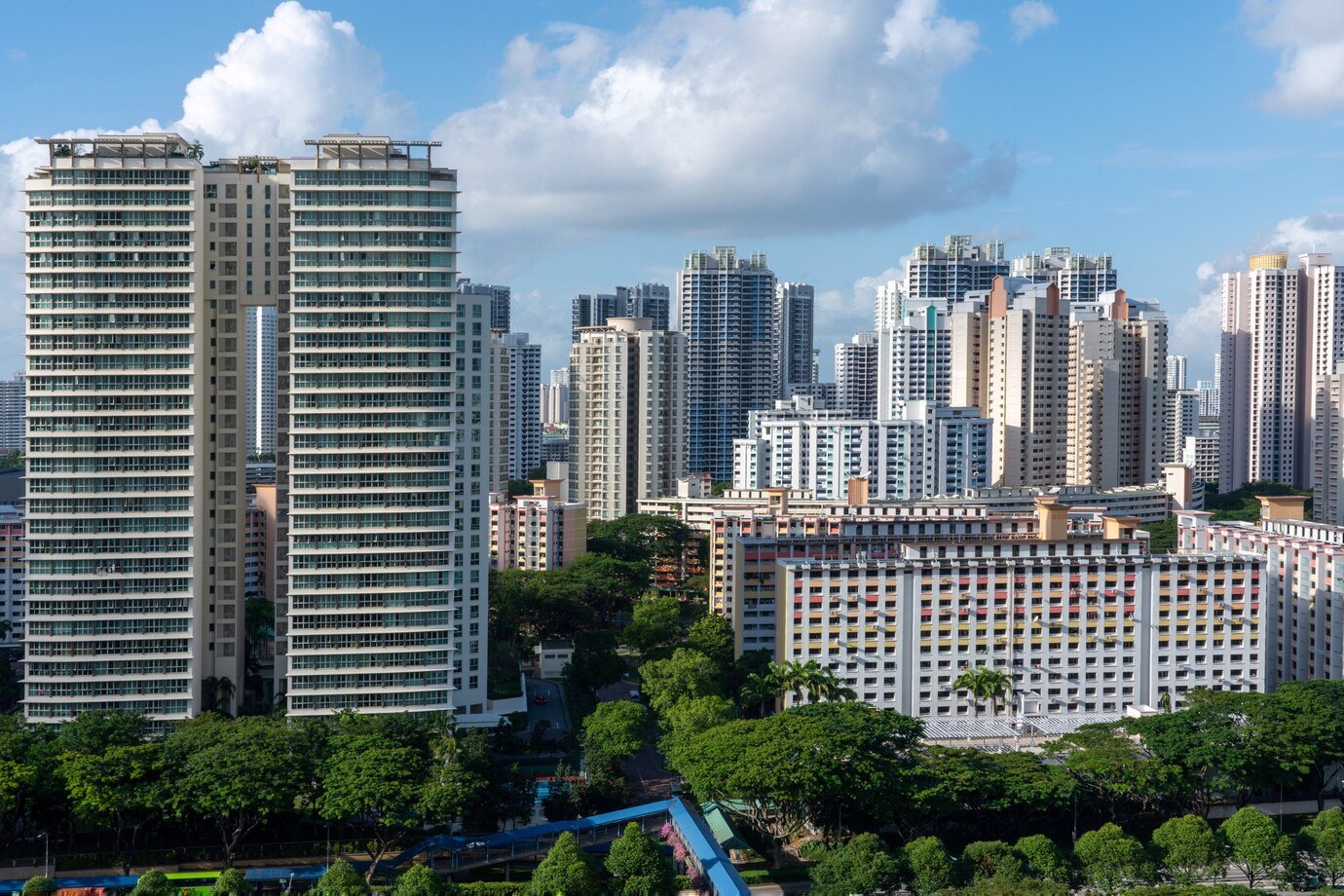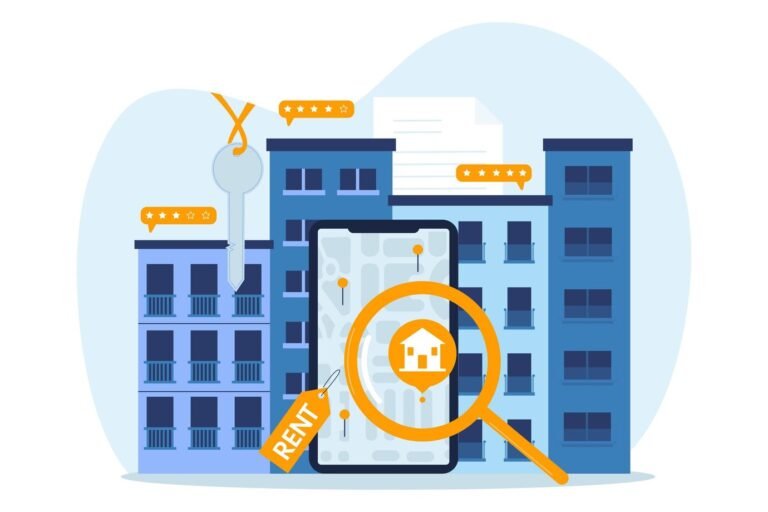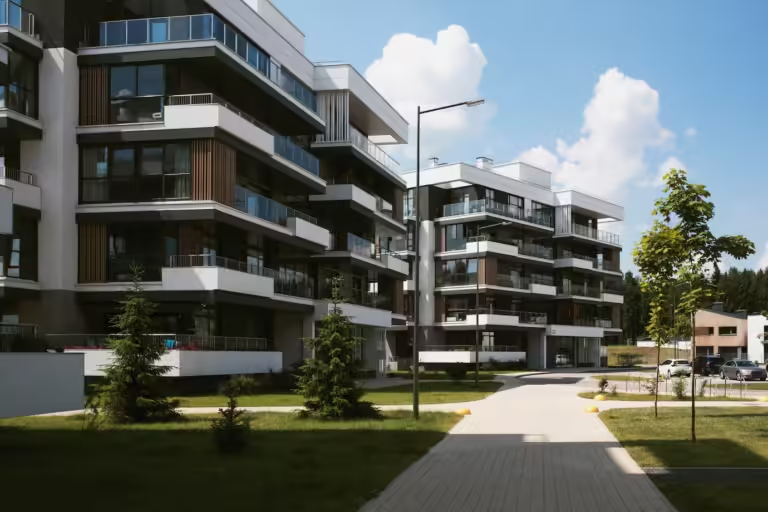Moving to a new city, especially one as vibrant and bustling as Bangkok, can be both exhilarating and overwhelming. As an expat, you’ll encounter a rich tapestry of culture, food, and lifestyle that can make living in Thailand a rewarding experience. However, to ensure a smooth transition, it’s essential to be well-prepared. In this blog, we’ll cover key tips for expats moving to Bangkok, focusing on housing, budgeting, and more to help you settle into your new home.
1. Finding the Right Housing
A. Understand Your Options
Bangkok offers a wide range of housing options, from luxury condominiums to affordable apartments and houses. Before you start your search, consider the following:
- Location: Popular areas for expats include Sukhumvit, Silom, Sathorn, and Ari, each offering unique amenities and lifestyles. Research these neighborhoods to find one that fits your preferences.
- Type of Housing: Decide whether you prefer a high-rise condo with amenities or a more traditional house. Each option has its advantages and disadvantages, depending on your lifestyle.
B. Use Reputable Real Estate Agents
While online listings are helpful, working with a reputable real estate agent can make your search more efficient. They can provide valuable insights into the market, negotiate prices, and help you navigate lease agreements. Ensure they have experience working with expats to address any specific concerns you may have.
C. Visit Properties in Person
Photos can be misleading, so always visit potential properties before making a decision. Pay attention to the building’s condition, amenities, and surrounding area. This visit will also give you a feel for the neighborhood and its community.
2. Budgeting for Your Move
A. Understand the Cost of Living
Bangkok is generally more affordable than many Western cities, but costs can vary significantly based on your lifestyle. Here are some key expenses to consider:
- Housing Costs: Rent can range widely, from THB 10,000 to THB 100,000 (approximately $300 to $3,000) per month depending on location and property type.
- Utilities: Electricity, water, and internet can add an additional THB 3,000 to THB 5,000 (about $90 to $150) to your monthly budget.
- Food: Eating out is relatively inexpensive, with street food costing as little as THB 40 ($1.20) per meal. Grocery prices vary, but budgeting THB 6,000 to THB 10,000 ($180 to $300) per month is reasonable for a single person.
B. Set Up a Local Bank Account
Opening a local bank account will help you manage your finances more effectively. Choose a bank that offers services in English and provides an easy way to transfer money internationally. This will also facilitate bill payments and everyday transactions.
C. Plan for Healthcare Costs
While Bangkok offers excellent healthcare services, it’s essential to consider your health insurance options. Ensure you have comprehensive coverage that includes both public and private healthcare, as well as emergency services.
3. Embrace the Local Culture
A. Learn Basic Thai Phrases
While many Thais in Bangkok speak English, particularly in tourist areas, learning some basic Thai phrases can enhance your experience and help you connect with locals. Phrases like “Sawasdee” (hello), “Khob khun” (thank you), and “Chai” (yes) can go a long way in building rapport.
B. Respect Local Customs
Understanding Thai culture and customs is crucial. Thais are known for their politeness, so be sure to practice good manners, such as not raising your voice in public and removing your shoes when entering someone’s home. Familiarize yourself with local festivals and traditions to engage more deeply with the community.
C. Explore Bangkok’s Food Scene
Bangkok is a culinary paradise, so take advantage of the local food culture. From street food stalls to high-end restaurants, there’s something for every palate. Don’t hesitate to try local dishes like Pad Thai, Tom Yum Goong (spicy shrimp soup), and Som Tum (green papaya salad).
4. Navigating Transportation
A. Public Transport Options
Bangkok has a well-connected public transport system that includes the BTS Skytrain, MRT subway, and buses. Familiarize yourself with the routes and schedules, as using public transport is often the most convenient and cost-effective way to get around.
B. Ride-Hailing Services
For more direct travel, consider using ride-hailing apps like Grab, which is widely used in Bangkok. This service offers a convenient way to get around the city without the hassle of navigating public transport, especially during peak hours.
C. Consider a Motorbike
If you’re feeling adventurous, renting a motorbike can be a fun way to explore the city. However, be cautious of traffic conditions and ensure you have the necessary permits and insurance.
5. Building a Social Network
A. Join Expat Communities
Connecting with fellow expats can help ease the transition to living in Bangkok. Look for expat groups on social media platforms, such as Facebook, or attend local events and meetups. This will provide you with a support system and opportunities to make new friends.
B. Participate in Local Activities
Engaging in local activities, such as language classes, cooking workshops, or sports clubs, is a great way to meet people and immerse yourself in the culture. These activities will not only help you make friends but also enhance your understanding of Thai customs and traditions.
Conclusion
Moving to Bangkok as an expat can be a rewarding experience filled with new opportunities and adventures. By following these tips on housing, budgeting, cultural adaptation, transportation, and building a social network, you can set yourself up for success in this dynamic city.
With its vibrant lifestyle, delicious food, and rich cultural heritage, Bangkok is a place where you can truly thrive. Embrace the journey and enjoy all that this incredible city has to offer!






